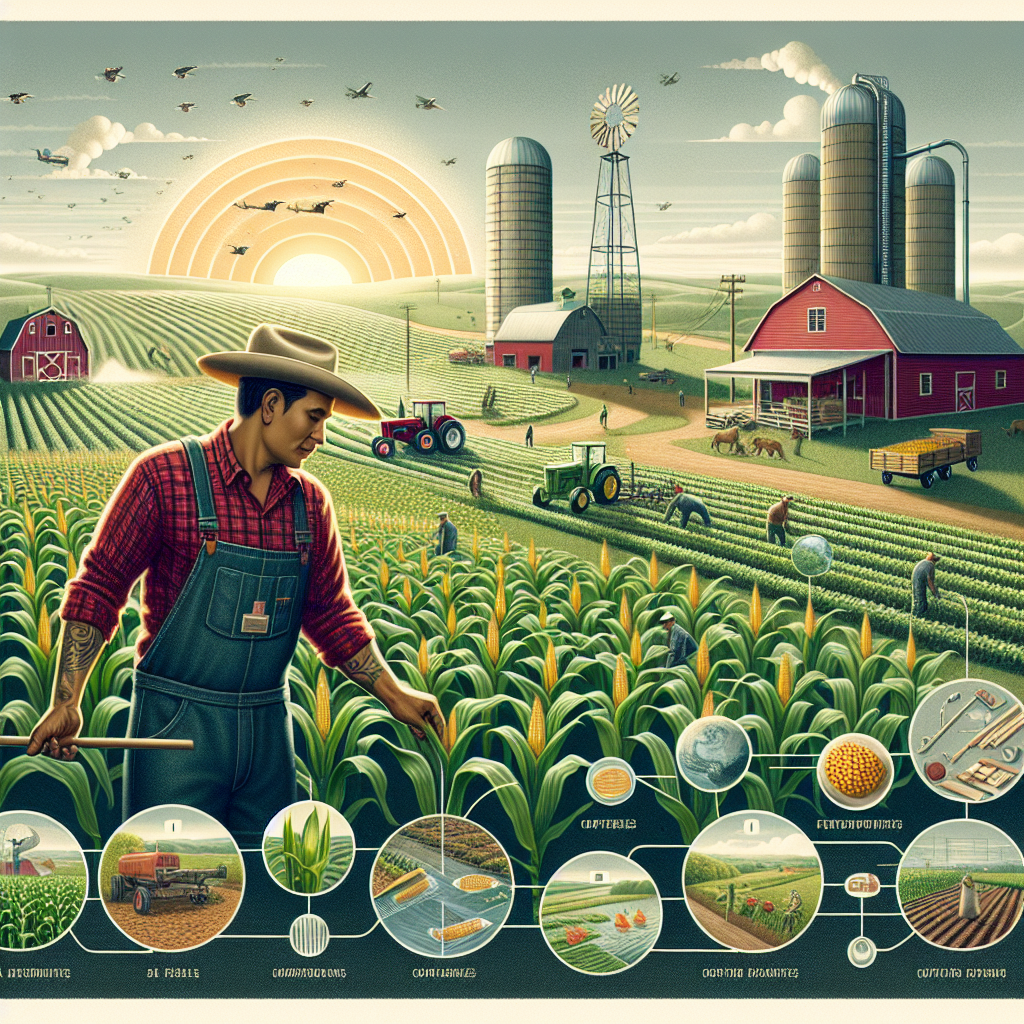Eastern Cape Advances Climate-Smart Agriculture and Farmer Training Initiatives
The Dohne Laboratory will continue to provide free soil, plant, and water testing services, offering crucial support to farmers seeking to improve productivity and sustainability.

- Country:
- South Africa
The Eastern Cape Department of Rural Development and Agrarian Reform, under the leadership of MEC Nonceba Kontsiwe, is making significant strides in addressing climate change and boosting agricultural capacity in the province. The department's Research Unit is developing climate-smart agriculture technologies to help farmers adapt to ongoing and future climatic changes, including the risks posed by drought, floods, veldfires, and extreme weather. In an effort to mitigate the growing risks associated with climate change, the department’s Disaster Risk and Management Centre at Dohne is actively providing risk mitigation services. These services offer farmers valuable advisory support on weather patterns, plant and animal diseases, and strategies for reducing the impacts of climate disasters.
Conservation and Land Rehabilitation Initiatives
To safeguard the province's natural resources, the department is launching the Land Care Programme. This initiative, aimed at rehabilitating 6,595 hectares of land, is expected to create 469 green jobs. Additionally, 403.6 hectares will be dedicated to conservation agriculture. Kontsiwe emphasized the importance of expanding the project by seeking funding to create 5,000 additional jobs through the Expanded Public Works Programme (EPWP), further contributing to the province’s land rehabilitation efforts.
Boosting Human Capacity through Agricultural Training
The department is also focusing on human capital development by investing in agricultural training programs to strengthen the skills of farmers, unemployed youth, and graduates. A central pillar of this strategy is the Farmer Training and Incubation Programme, which aims to transform agricultural training institutes across the province into hubs for skills development. MEC Kontsiwe announced that the department is collaborating with the Fort Cox Agriculture and Forestry Training Institute to train 152 unemployed agricultural graduates. This training in facilitation skills enables graduates to benefit from the government's investment of over R1 billion in skills development. Additionally, the training institutes—Fort Cox, Tsolo Agriculture and Rural Development Institute (TARDI), and Mpofu Training Centre—will continue to serve as key centers for equipping future farmers with the skills needed to succeed in the sector.
Extension Services and Technological Support
Kontsiwe underscored the importance of innovation in the agricultural sector and the need to equip farmers with modern skills. The department is transitioning from manual to digital reporting through Survey 123, a platform designed to streamline service provision and improve communication between farmers and government officials. The move towards digitalization aims to enhance the efficiency of extension services. The department also plans to strengthen collaboration with industry players, training extension officers in high-value export-oriented commodities. In 2024/25, the focus will be on agricultural demonstrations that promote the adoption of climate-resilient production technologies. A total of 17,267 demonstrations are planned to facilitate the transfer of these technologies to producers.
Focus on Innovation and Research
The Dohne Laboratory will continue to provide free soil, plant, and water testing services, offering crucial support to farmers seeking to improve productivity and sustainability. Kontsiwe further highlighted the department's commitment to innovation, noting its collaboration with research institutions to develop and transfer climate-smart production technologies that address the ongoing impacts of climate change. By implementing these strategies, the department is positioning the province’s agricultural sector to meet the evolving challenges posed by climate change while fostering economic growth and sustainable development in rural areas.
- READ MORE ON:
- Eastern Cape
- Agriculture
- Nonceba Kontsiwe
- climate change










